Cybercrime is on the rise
Making friends via Zalo and Facebook is a form of fraud that banks often warn customers about. Bad guys often impersonate bank officials, contact victims via social networks to give instructions and collect biometric information.
Others may create fake accounts, using confusing names such as “Bank Staff”, “Customer Support”… to interact with customer comments on the bank’s official pages, asking customers to contact them privately and committing fraud.

There are cases where bad guys impersonate police or investigative agencies to ask customers to provide personal information, bank accounts, citizen identification photos, etc. After obtaining all the information, they can easily log into the account and steal all the victim's money. Requesting access to fake links is also a common form of fraud. These links all contain malicious code to remotely control the phone to collect user information.
Cybersecurity experts also warn that scammers can use photos of victims created with artificial intelligence technology to commit fraud. Therefore, people need to regularly check transaction history, not share personal information and be cautious when making online transactions, even when applying biometric authentication measures.
Credit institutions and payment intermediaries turn on warning signals
Recently, the Vietnam Cyberspace Emergency Response Center (VNCERT/CC) said it has continuously received many reports of fake bank employees calling and texting to request support for online biometric setup.
Fraudsters impersonate bank employees and then call, text, and make friends with customers via social networks (Zalo, Telegram...) to guide them in collecting biometric information. " People absolutely do not provide OTP, digital banking passwords... to anyone. At the same time, be absolutely vigilant and do not access strange links via chat, SMS or email sent to the phone to avoid the risk of being scammed and having information stolen ," the VNCERT representative advised.
Creating a “barrier” to protect customers through upgrading information security systems and developing cyber security insurance products are solutions being deployed by banks and payment intermediaries to deal with the increasingly common situation of fraud. At the same time, raising awareness and increasing connections with customers are also considered important solutions to help these organizations protect financial safety in the digital age for each customer.
Vietcombank recommends that users absolutely do not access links, do not provide account security information, digital banking services (login name, password, OTP code), card services (card number, OTP code), account information or any other banking service security information, personal information.
As a payment intermediary, Viettel Money has quickly deployed biometric authentication to millions of customers to enhance security and ensure a safe digital transaction environment. Customers can choose to update biometrics at hundreds of thousands of Viettel transaction points or do it on the Viettel Money application before January 1, 2025 to avoid interruptions when making online transactions/payments.
Previously, Viettel Money has applied many optimal information security technologies through information security management systems, risk identification and establishment of comprehensive information protection processes; PCI DSS international certificate on payment card data security...
Viettel Money also introduces to users the creation of a multi-layered security barrier with cyber security insurance products. With only 3,000 VND/month, customers can receive insurance benefits of 50 million VND/year when transacting on Viettel Money.
Source


![[Photo] Closing of the 4th Summit of the Partnership for Green Growth and the Global Goals](https://vstatic.vietnam.vn/vietnam/resource/IMAGE/2025/4/17/c0a0df9852c84e58be0a8b939189c85a)
![[Photo] Promoting friendship, solidarity and cooperation between the armies and people of the two countries](https://vstatic.vietnam.vn/vietnam/resource/IMAGE/2025/4/17/0c4d087864f14092aed77252590b6bae)
![[Photo] Nhan Dan Newspaper announces the project "Love Vietnam so much"](https://vstatic.vietnam.vn/vietnam/resource/IMAGE/2025/4/17/362f882012d3432783fc92fab1b3e980)
![[Photo] General Secretary To Lam receives French Ambassador to Vietnam Olivier Brochet](https://vstatic.vietnam.vn/vietnam/resource/IMAGE/2025/4/17/49224f0f12e84b66a73b17eb251f7278)

![[Photo] National Assembly Chairman Tran Thanh Man meets with outstanding workers in the oil and gas industry](https://vstatic.vietnam.vn/vietnam/resource/IMAGE/2025/4/17/1d0de4026b75434ab34279624db7ee4a)
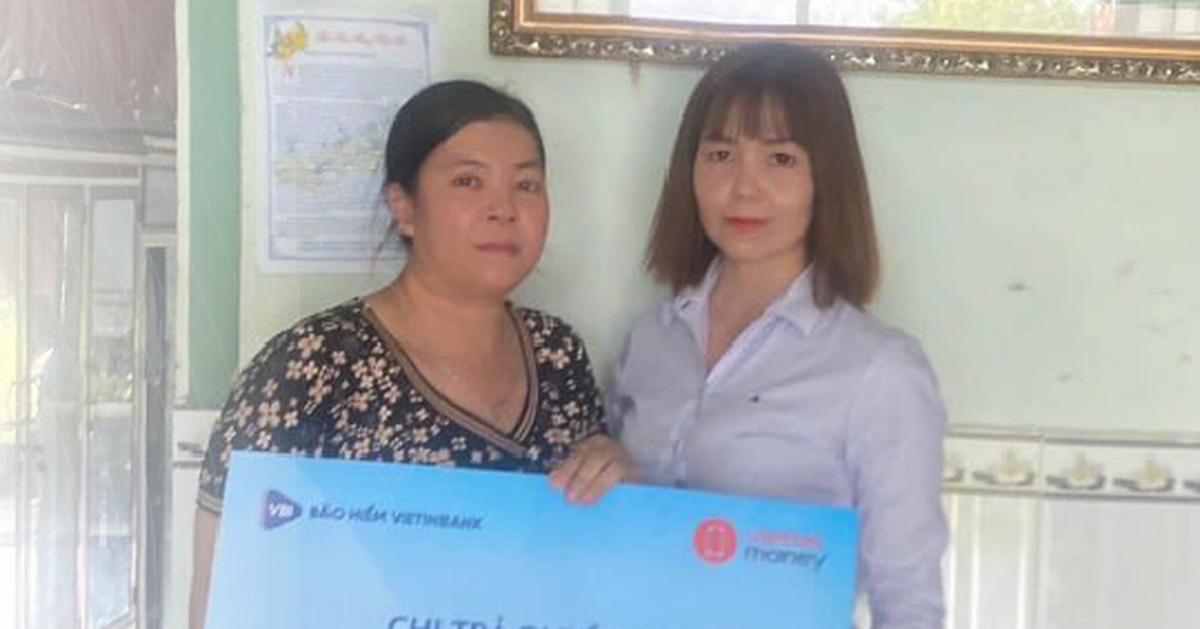

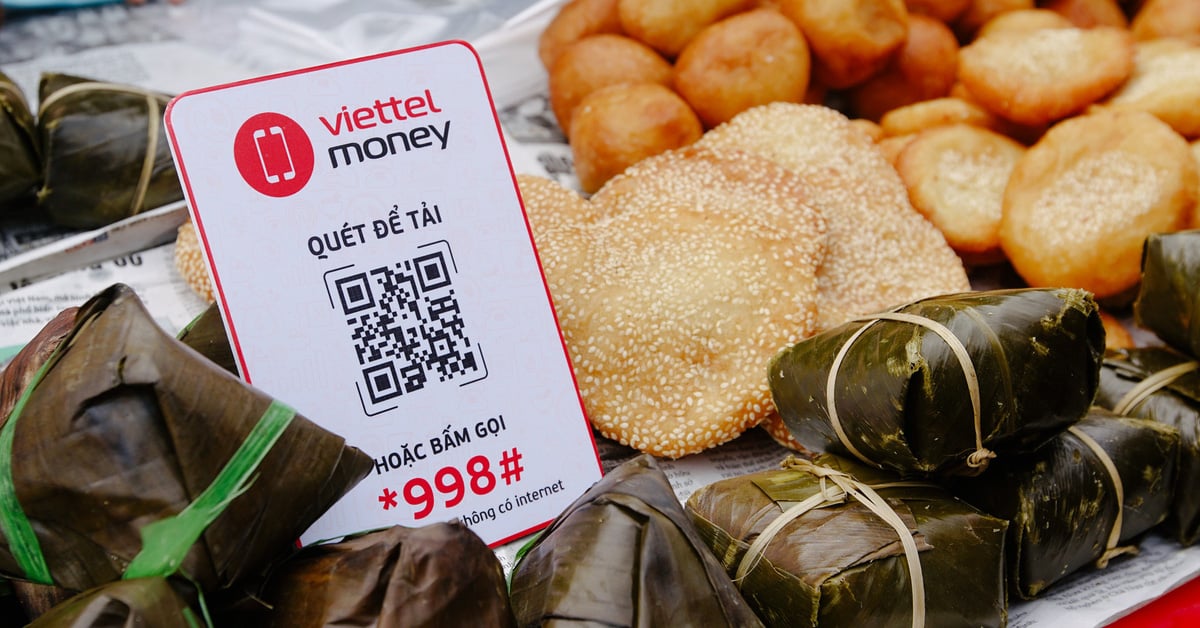



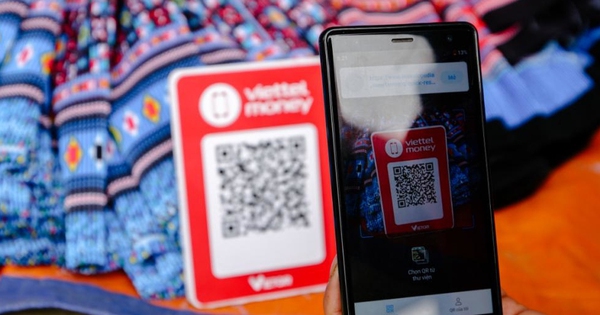






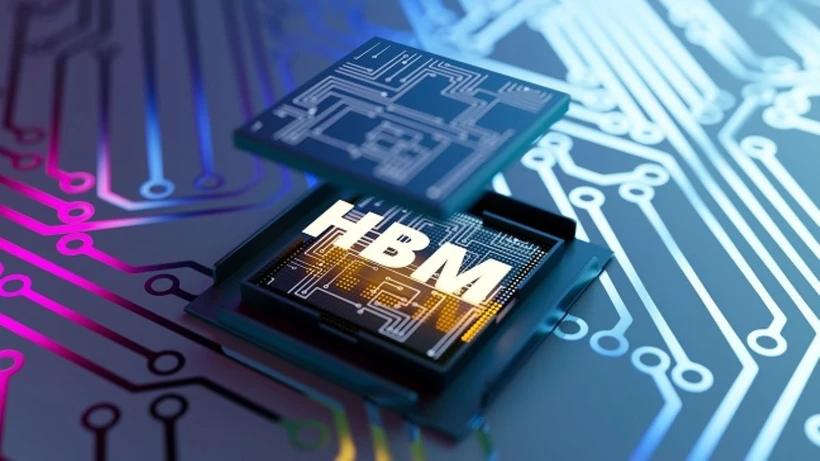
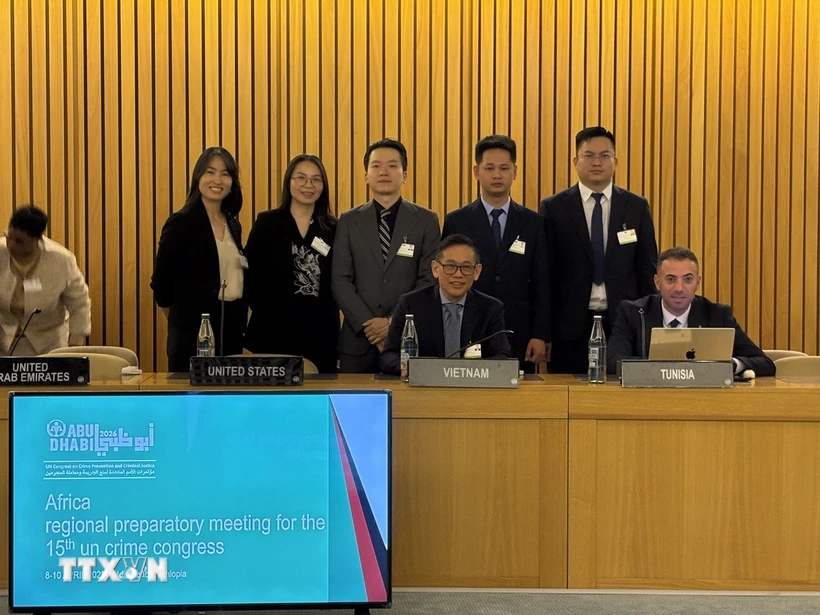




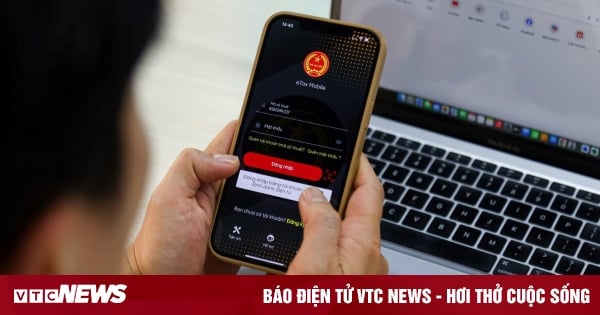





![[Photo] Welcoming ceremony for Chinese Defense Minister and delegation for friendship exchange](https://vstatic.vietnam.vn/vietnam/resource/IMAGE/2025/4/17/fadd533046594e5cacbb28de4c4d5655)



























![[Video] Viettel officially puts into operation the largest submarine optical cable line in Vietnam](https://vstatic.vietnam.vn/vietnam/resource/IMAGE/2025/4/17/f19008c6010c4a538cc422cb791ca0a1)



















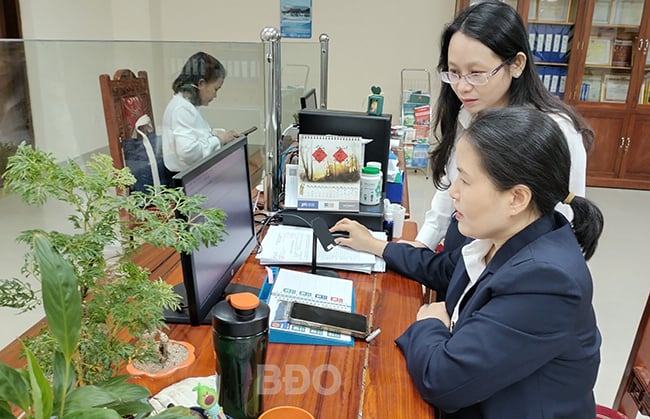




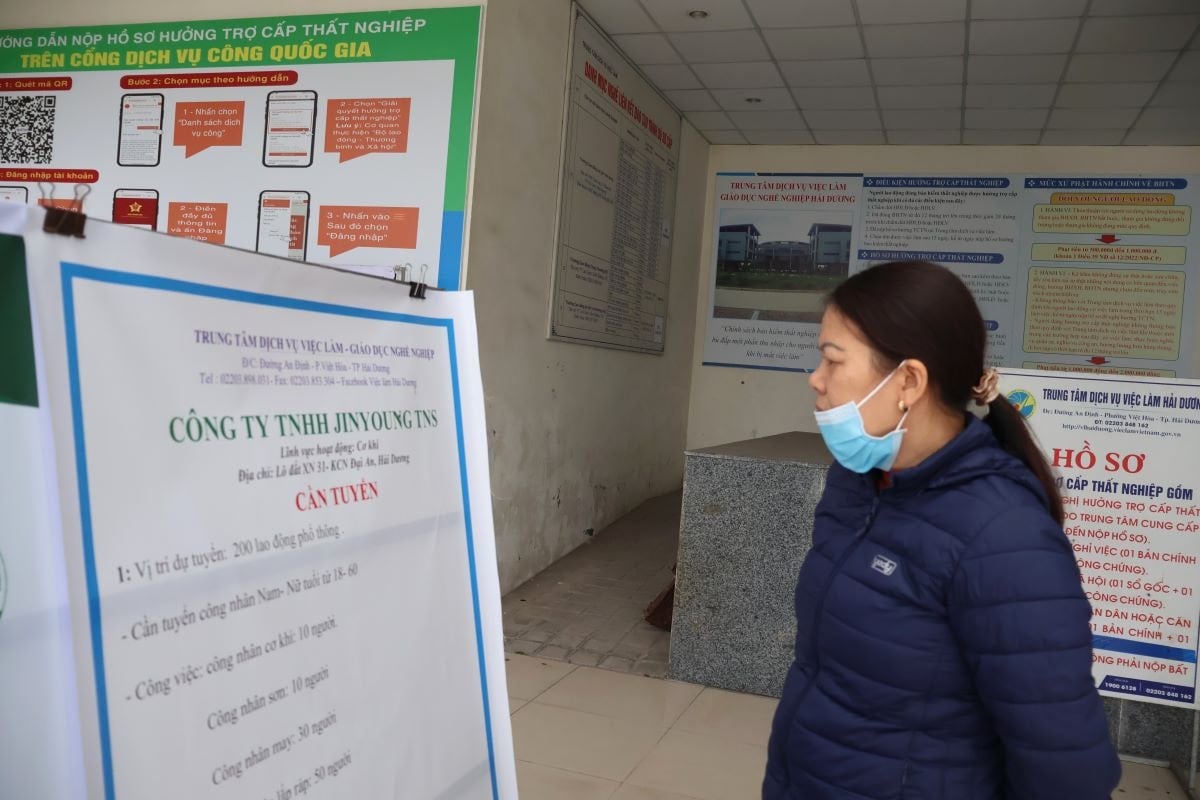











Comment (0)